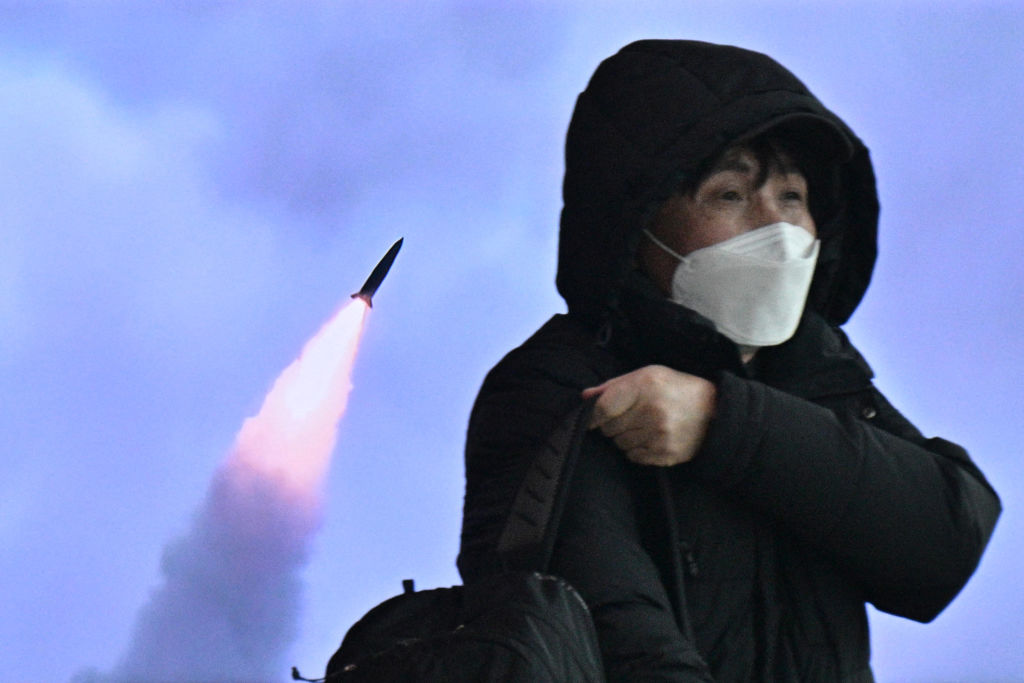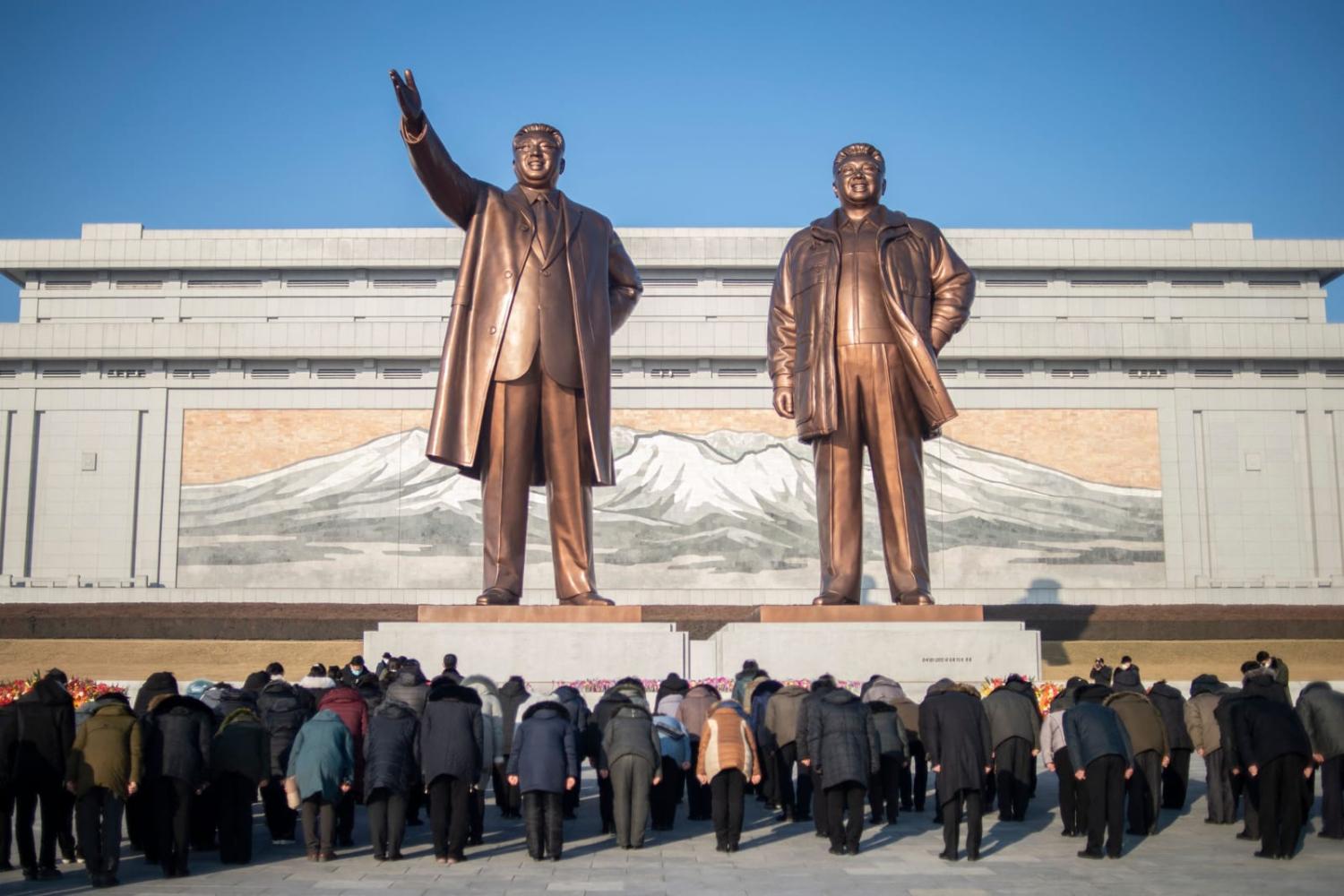In a crackdown on private enterprises, the North Korean state officially banned the sale of rice and corn in the market in early 2023 and restricted sales of these staples to state-run shops. Any violations can result in execution.
This wasn’t the beginning of the latest food crisis in the country, but the state’s response has exacerbated it. The restriction has created a distribution problem, rather than a shortage problem, because private traders could not sell their foodstuffs, even though the grain harvested in 2022 has not yet been consumed.
As a regime established by violent revolution, North Korea has been able to forge a powerful and loyal coercive apparatus and completely destroy any alternative political force. The durability of North Korea’s authoritarianism allows the state to adopt policies without having to suffer the consequences, and most of the time it can pass on those costs to the people. And from the state’s perspective, it is rational to exploit a crisis to weaken civil society and enhance the state’s power further.
It is thus not surprising that the North Korean government has rolled back many of the market reforms adopted over the past decade by invoking the Covid-19 pandemic as a justification for more state control. The government considers these state-run shops as a necessary stabiliser of food prices in the aftermath of the pandemic. However, some civilians think of them as a revival of the old food distribution system, under which the government, not the market, decided who got what based on their contribution to the state.
The opening of state-run food shops occurred around the time of the first reports of food shortages in the summer of 2021. Like the now dysfunctional public distribution system, state-run shops cannot solve the food shortage, although their prices are lower than the market prices. The shops do not have enough stockpile to meet everyone’s needs, and the quality of the rice is often sub-par. And having money is not a guarantee of a full stomach: the state limits how much a person can buy at these shops. The monopoly of state-run food shops hurt North Korean farmers as the state could coerce them into selling at a lower price than the market, which disincentivises production. The result is a vicious cycle of food shortages.

Instead of accepting international food aid or relaxing its border closures to increase food availability, the state demanded that people contribute “patriotic rice” to the military to help alleviate food shortages among soldiers, which has further increased the market price of rice. The move was so counterproductive that the state had to release the military’s rice reserves to civilians. But this was not an admission of error.
The food crisis has forced many people to resort to stealing and to seeking higher-paid employment outside assigned workplaces. The state has treated these misdemeanours as treasonous acts, which has allowed it to punish them without fair trials and to absolve itself of any responsibility for the crisis. Control, instead of relief, is at the core of the state’s policy towards its people. If the state were sincere about alleviating the food crisis, it would not have banned the market sales of foodstuffs. North Korea’s new rural development strategies have not been put in place to solve the food crisis but to ensure that the people stand firm behind the “socialist construction” despite all hardship.
Contrary to the suggestion that North Korea’s current food crisis is due to international sanctions and national disasters, it is the state’s economic policies that are mostly to blame. This is also not a case of the state mishandling a crisis by relying on ideology at the expense of pragmatic solutions – it is the state that is the source of the crisis in the first place. And remarkably, despite the state’s wrongdoings, the food crisis does not threaten regime stability thanks to its powerful coercive apparatus. People can still, at great risk, buy rice from the market, but as the regime continues its campaign to squeeze foreign currency, it is unclear whether they will be able to afford the black market prices in the future.
If the pattern of using a crisis to tighten the state power over the people holds, this explains why sanctions fail to weaken the regime. North Korean civil society depends on the black market, which in turn depends on the availability of goods that the sanctions target. North Korea’s testing of missiles despite the food crisis simply reflects the state’s ability to ignore the people’s needs with few consequences.

